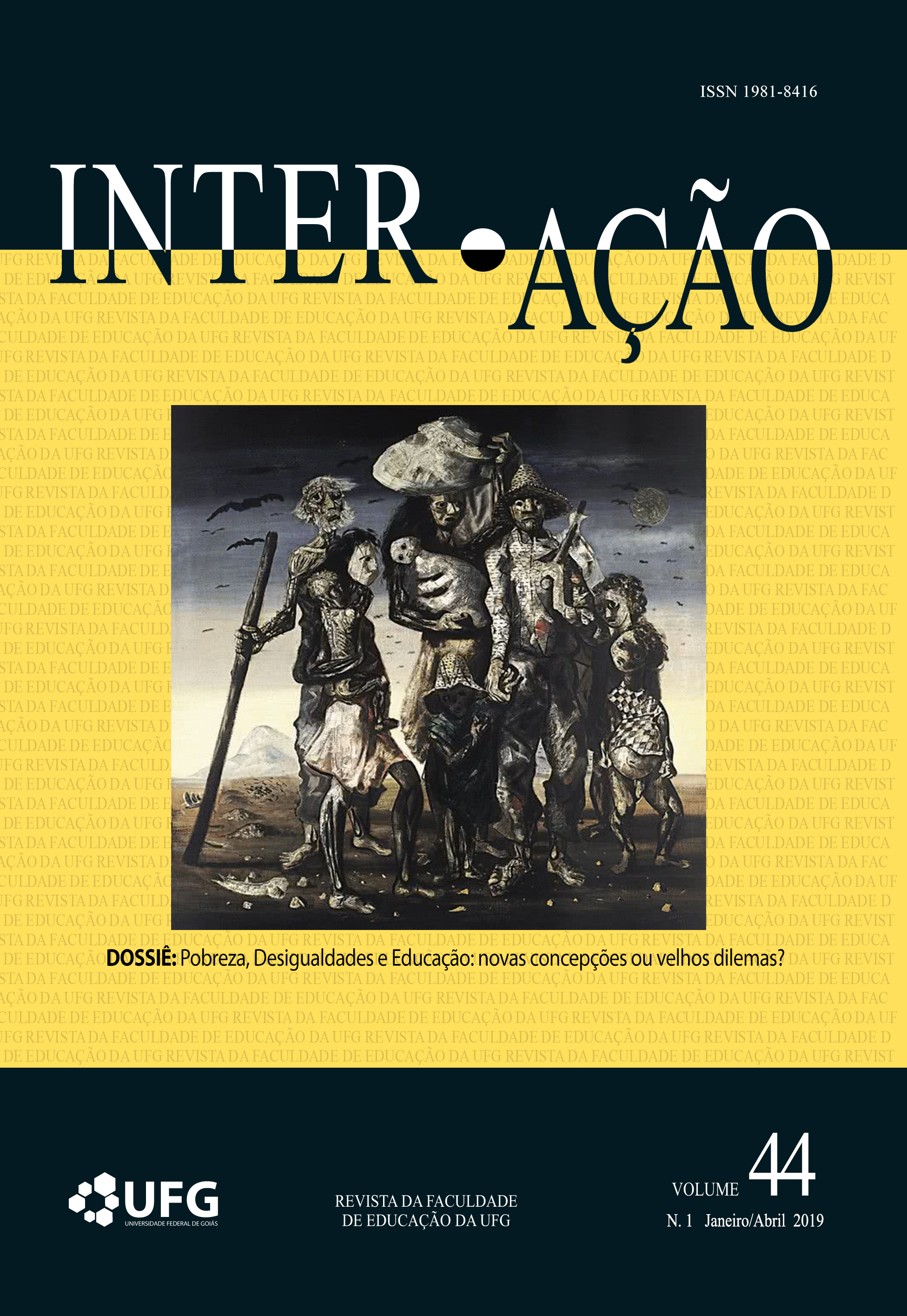A UNIVERSIDADE E A FAVELA: HIERARQUIA SOCIAL E GUERRA DE MEMÓRIAS
DOI:
https://doi.org/10.5216/ia.v44i1.55638Keywords:
Universidade de São Paulo. Favela. Memória Histórica. Conflitos Sociais.Abstract
O presente artigo tem por objetivo apresentar elementos que caracterizam o olhar lançado por parte dos frequentadores da Cidade Universitária da Universidade de São Paulo (USP) para crianças e adolescentes moradores da Favela São Remo, vizinha ao campus universitário, a fim de compreender o modo como a hierarquia social, que perpassa a constituição de ambos os grupos, interfere na produção das memórias sobre a própria interação ocorrida entre eles. A análise foi elaborada a partir do caso da morte de Daniel Pereira de Araújo, adolescente de 15 anos, morador da Favela São Remo, que desapareceu quando brincava no campus da universidade, em novembro de 1997.Downloads
Published
Versions
- 2026-01-30 (2)
- 2019-05-09 (1)
How to Cite
Issue
Section
License
Copyright (c) 2019 Mariana Machado Rocha

This work is licensed under a Creative Commons Attribution-NonCommercial 4.0 International License.
Inter-Ação uses the Creative Commons Attribution 4.0 License for Open Access Journals (Open Archives Initiative - OAI) as the basis for the transfer of rights. Open access means making documents available on the Internet free of charge, so that users can read, download, copy, distribute, print, search, or link to the full text of documents, process them for indexing, use them as input data for software programs, or use them for any other lawful purpose, without financial, legal, or technical barriers.
Authors publishing in this journal agree to the following conditions:
1) Authors retain copyright and grant the journal the right of first publication, with the work simultaneously licensed under the Creative Commons Attribution License, which permits redistribution of the work with attribution and first publication in this journal.
2) Authors are permitted to enter into additional, separate agreements for non-exclusive distribution of the version of the work published in this journal (e.g., for publication in an institutional repository or as a book chapter), with attribution and first publication in this journal.
3) Authors are permitted and encouraged to publish and distribute their work online (e.g. in institutional repositories or on their home page) at any time before or during the editorial process, as this may generate productive changes as well as increase the impact and citation of the published work.















